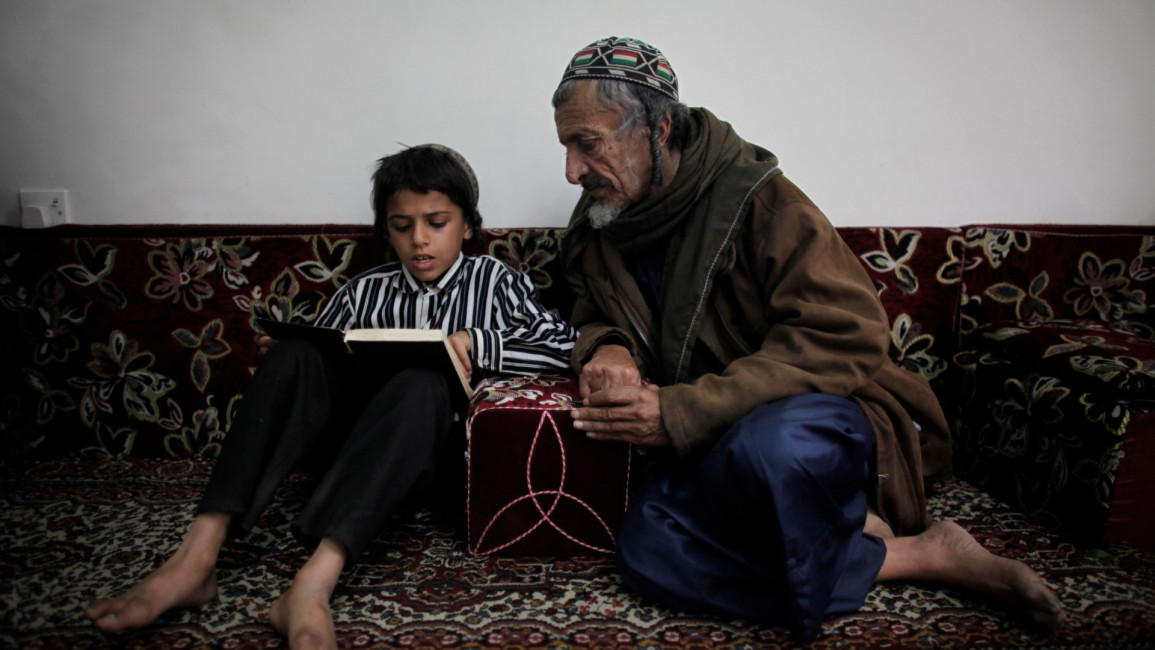Yemen's last remaining Jews 'to move to UAE' following Israel treaty
Over 50,000 Jews lived in Yemen prior to the creation of Israel in 1948 but most have emigrated since then, leaving only a few dozen currently residing in Yemen. The exact number is unknown.
The rabbi, who preferred to remain anonymous for security reasons, said that plans are under way to end the Jewish presence in Yemen and transfer 100 people to Abu Dhabi.
The remaining Yemeni Jews have rejected previous proposals to emigrate to Israel and to the United States, despite the brutal war which has affected Yemen since 2015 and anti-Semitic discrimination against them by the Houthi rebels, who control the capital Sana'a and whose slogans include the words "A curse on the Jews".
Some have expressed fears of being unable to integrate into Israeli society, where different cultural and religious norms predominate and where Jews of Arab origin are often treated as second-class citizens.
Read also: UAE-Israel Alliance – Quid Pro Quo for Trump’s Re-election Campaign
Forty Jewish Yemenis have reportedly agreed to move to the UAE, which has offered to take them in following a request from the US, while the others are being persuaded to move on the grounds that they will have no problem integrating into Emirati society.
The UAE has reportedly requested that Iran, which backs the Houthi movement, help facilitate the travel of the Yemeni Jews to Abu Dhabi.
The Gulf country is currently undertaking a global publicity campaign to position itself as a centre of religious tolerance which is friendly and welcoming to Jews. To this end, it has built the "Abrahamic Family House" in Abu Dhabi, which features a mosque, a church, and a synagogue and its Culture Minister, Noura Al-Kaabi recently promoted a kosher catering business in Abu Dhabi.
Last Sunday, Emirati and Israeli media reported that the UAE had facilitated the reunion in Abu Dhabi of a Yemeni Jewish family who had spent 15 years apart in various countries around the world.
However, critics pointed out that the UAE is prolonging Yemen's conflict and increasing civilian suffering there by promoting separatist movements in the war-ravaged country and participating in the Saudi-led coalition fighting the Houthis.
The UAE's publicity campaign also sits at odds with its human rights record and its regional policy. It has set itself in opposition to the pro-democracy uprisings of the Arab Spring and given its backing to counter-revolutionary movements and leaders, such as Abdul Fattah al-Sisi in Egypt and Khalifa Haftar in Libya.

Follow us on Facebook, Twitter and Instagram to stay connected



